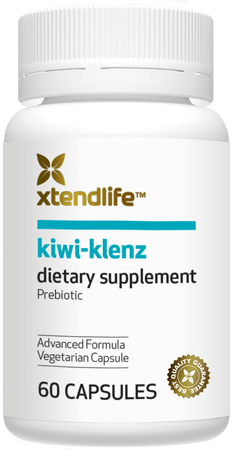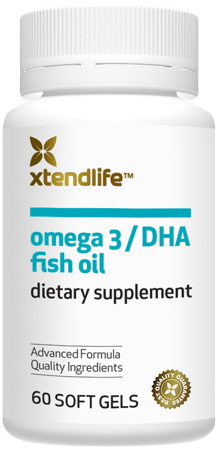Everywhere you look there is a “new” diet promising “amazing” and “fast” results. If you look closely at these diets you’ll likely find that they have a few things in common.
 Why?
Why?
Because there are some basic principles when it comes to plain and good nutrition that are essential to vibrant health and boundless energy. The first basic is no surprise – fruits and vegetables are good for you.
That’s because they are loaded with vitamins, minerals and phytochemicals that promote health, strengthen the immune system and enhance your body’s ability to fight disease. They are also a source of complex carbohydrates (the good carbs) that help keep your energy levels up and constant, as opposed to swinging from low to high and back again.

Also, blood sugar fluctuations have a negative effect in your energy levels. The more slowly your food is digested the better you will feel, so opt for complex (high fiber) carbohydrates instead of simple carbohydrates such as cakes, plain biscuits, jam, soft drinks and table sugar.
Now let’s move on to the fat content in your diet. It may surprise you to learn that your body does need some fat, but not just any fat in any quantity. The fats you need are called essential fatty acids, or EFA’s. They are found in certain fish oils, olive oil, sunflower oil and 
You don’t need a lot of these so don’t overdo it because all fats are high in calories.
And while we’re on the subject of fats, there are definitely fats that should be avoided like saturated fats and trans fats. A high intake of these is associated with obesity, high blood pressure, heart disease and certain cancers. As far as food goes you should limit your consumption of whole milk, cream and cheese, as well as beef, pork and ham. Butter and vegetable shortening should also be limited.
Another nutrient you definitely need is high-quality protein, which your body uses to build and repair tissues. Protein is the building block of bones, cartilage, skin, blood and muscles and it’s important to have enough protein every day so that your muscles don’t get burned for energy. Protein from animal foods should come from lean sources like chicken breast, turkey breast or fish. Low fat dairy products, eggs and nuts are also good sources of protein as well.
How much protein does your body need?
On average an adult needs
about 8 grams of protein per 20 pounds of body weight. Most adult females and males should have from 45 to 70 grams respectively of lean protein a day.
And finally, we want to emphasize the importance of drinking
enough water. Many people are dehydrated because they do not drink enough water. The human body is 70% water and you need an appropriate amount each day to keep it running efficiently, meaning that nutrients are transported properly and toxins are flushed out. Drink between five to eight glasses of water everyday.
That’s all for today but if you liked this topic, there will be more in the next installment where you will learn about deciphering the ingredients found on food labels and uncover what’s behind those tricky names that manufacturing companies use to make us think what we are buying is healthy.
Wishing you good health and happiness your friends,
 Why?
Why?
